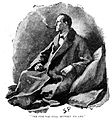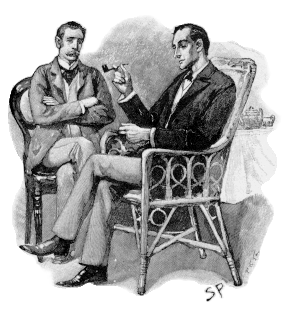I love the way things evolve. (Don’t be scared if you’re feeling fundamentalist; I’m not talking Darwin here). I mean that as standards of civilizations and cultures change, standards of popular arts morph along with the culture. In that way, we can study the values of any era by looking at what was created and celebrated during that time. And, since mysteries have been popular literature since the first “whodunit” was created, we can trace see how some protagonists have changed along with the times. Of all of these “standard” characters, none has changed more than the professional detective. They’ve gone from flat feet to tortured souls. Think of literature’s early detective heroes, Auguste Dupin and Sherlock Holmes. (Okay, so Auguste wasn’t a professional detective, but he’s close). Fans referred to them as human thinking machines because they solved puzzles with rational, deductive thought and neither allowed emotion to clog up their thinking. Which makes them fascinating characters to follow but not someone a reader can identify with. Self- doubt never undermines either man, and although both men have weaknesses, they’re never disabled by them. Let’s face it, these guys are great, but we’re not sure that they’re human. [amazon_link asins=’0679722645′ template=’ProductCarousel’ store=’theboothafoly-20′…
Detective Fiction’s First Odd Couple There are all kinds of mystery stories, filled with all different types of detectives, but if you’re going back to the roots of the mystery series types, the Granddaddies of them have got to be Holmes and Watson. They’re the original Adama-&-Eve, Mutt-&-Jeff, Odd Couple detective team and the template they set up is fierce. An Early portrait of the Dynamic Duo Thank you, Wikipedia! The most noticeable team member is Sherlock Holmes, the world’s first and foremost consulting detective. Brilliant, acerbic, and emotionally detached almost to a pathological degree, he’s the star of the series and he knows it. But Holmes isn’t chasing villains for glory or cash; he’s in it for the fun and the science. Believe it or not, Arthur Conan Doyle introduced the world (and law enforcement agencies) to the world of criminal forensics through Holmes’s obsession with crime scene details and deductive logic. But, if Sherlock Holmes is so great, why did the author need Watson? Simple. Watson is the person who needs to tell the story because that’s the last thing Holmes would do. If “The Great Detective” decided to write up his adventures, what would he emphasize? Would he capture the…


